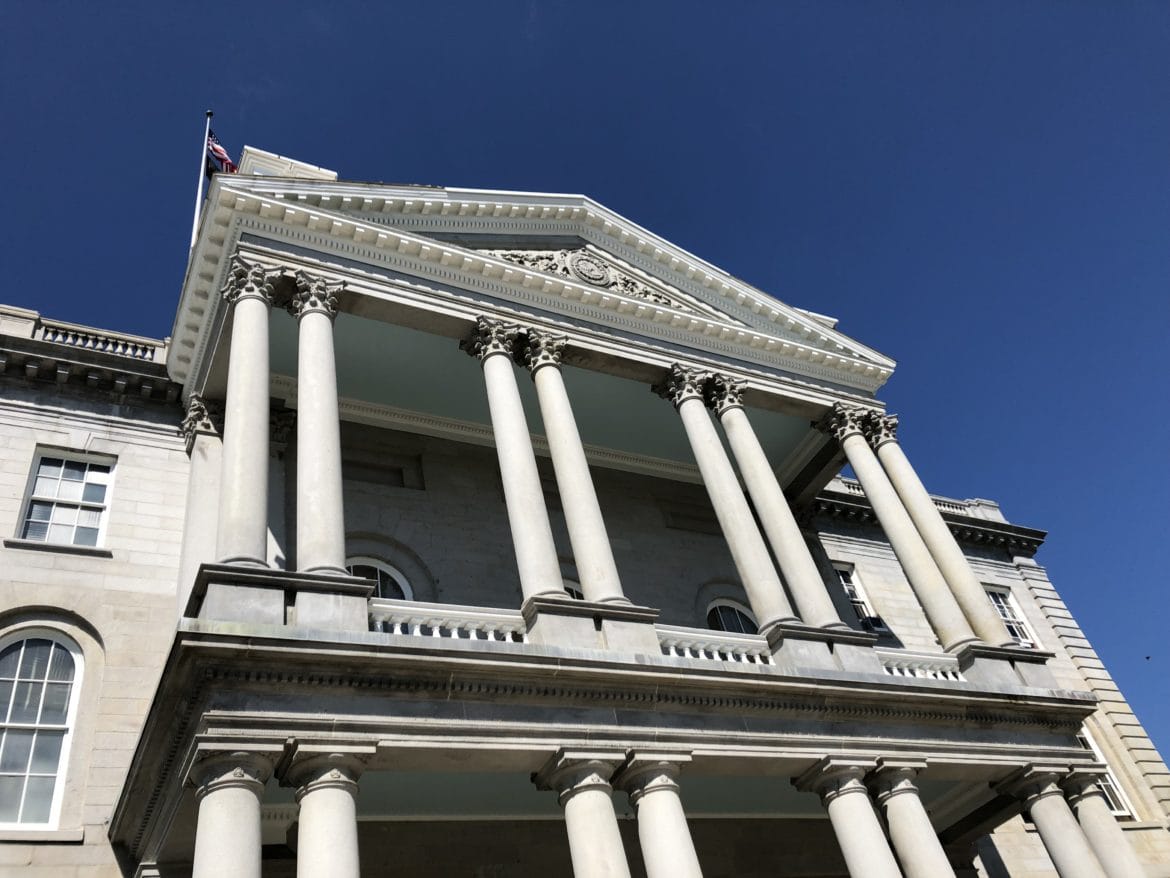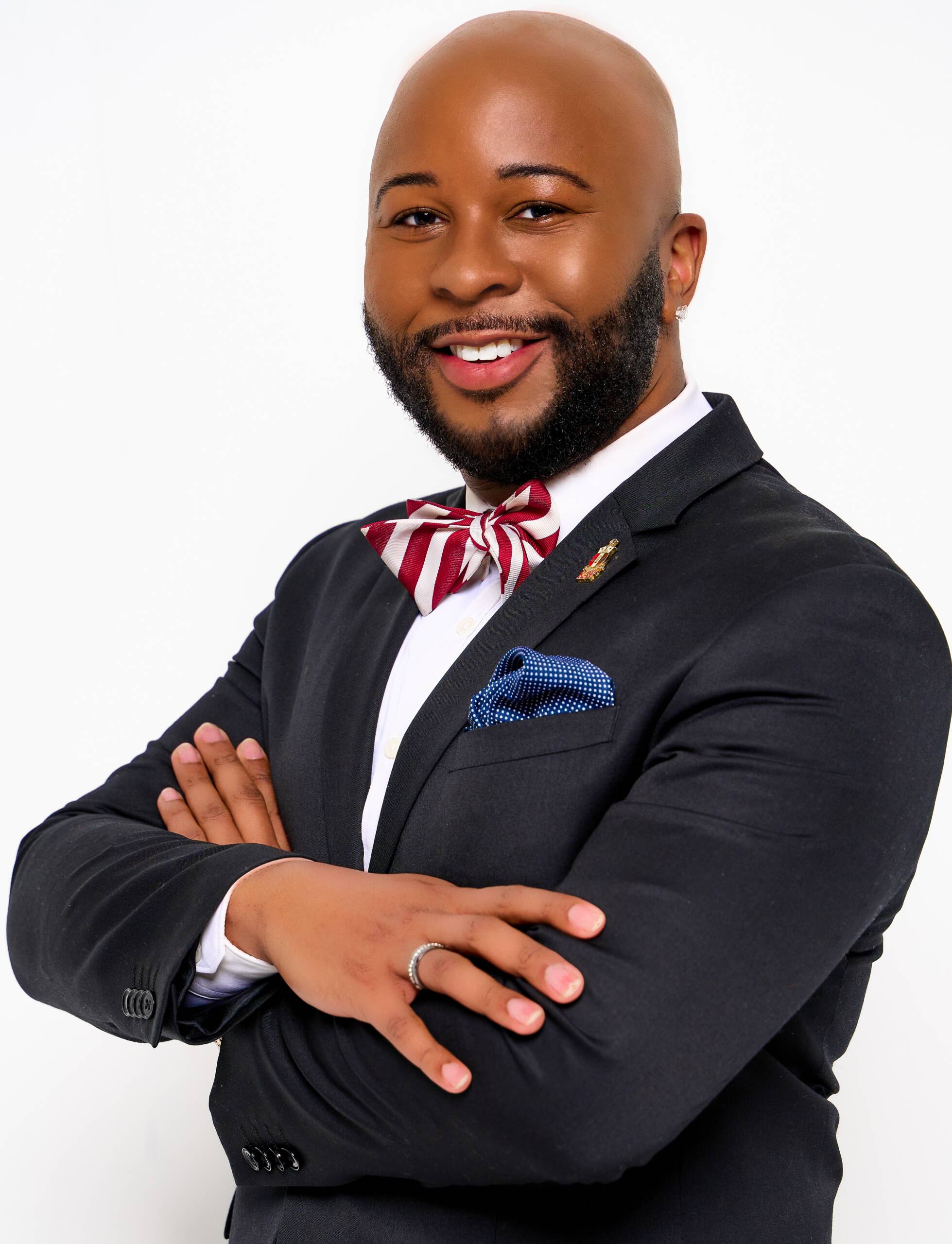AG issues guidance to schools, government employees on new ‘discrimination’ laws created out of ‘divisive concepts’ bill
The New Hampshire Attorney General’s Office released two new guidance documents related to the so-called “divisive concepts” legislation that was signed into law by Gov. Chris Sununu on June 25.


CONCORD, NH – The New Hampshire Attorney General’s Office released two new guidance documents related to the so-called “divisive concepts” legislation that was signed into law by Gov. Chris Sununu on June 25.
One guidance document is for government employees and entities executing a government program, the other is for schools and educational programming. The Attorney General’s Office says it hopes to more clearly define the terms in the controversial law, about which there has been “much discussion.”
Republican legislators who passed the language in an amendment attached to the state budget on a party-line vote say the new law strengthens the state’s anti-discrimination statutes. Sununu and Attorney General John Formella echoed this opinion after the Senate made its changes to the language.
Minority leaders, law enforcement heads, school boards, business leaders, the state Child Advocate and environmental groups have spoken out against the law, arguing it is a Trojan Horse for angry white people to sue over diversity trainings and only serves to stifle important conversations around diversity, inclusion and historic and ongoing racial disparities.
Ten members of the governor’s own Diversity and Inclusion Advisory Council resigned in protest after Sununu signed the bill into law.
Some advocates of the bill, such as the national group 1776 Action, openly acknowledge the law seeks to ban the use of Critical Race Theory in state-funded diversity training. They argue Critical Race Theory promotes anti-white racism, but minority leaders and academics say that’s not true.
On the surface, the law seems to do what Republican leaders say it purports to do — add protections against discrimination — with language that explicitly prohibits teaching or advocacy that states any particular group (based on race, color, creed, national origin, age, gender identity, sexual orientation, marital status, familial status or disability) is superior or inferior to another, or is inherently racist, sexist or oppressive, either consciously or unconsciously.
But what does “inherent” mean, since some discrimination and privilege often occur by virtue of one’s identified group? The Attorney General’s Office provided this clarification: “‘Inherent’ means characteristics that are natural, biological, or innate, as opposed to characteristics that are merely apparent, accidental or based on external factors.”
James McKim, the president of the Manchester NAACP said he is pleased with much of the guidance, especially the parts that say education and discussion about racism and other forms of bias against groups of people are not only permitted but necessary.
“I appreciate the clarification of the language around inherency,” McKim said. “It is true that individuals are neither inherently superior or inferior to people of another identified group nor are we inherently racist, sexist, or oppressive, whether consciously or unconsciously.”
Though McKim said he still has concerns with the law. The guidance is only one interpretation, and people can still sue based on a differing interpretation, he said.

Jonathan Wesley, the Senior Director of Equity and Inclusion in Academic Affairs for Southern New Hampshire University, said Critical Race Theory seeks to explain why and how racial disparities persist in the United States by shedding light on systems and structures that perpetuate white supremacy, but holds that racism is a learned behavior, not a biological trait.
And what about that bit about “consciously or unconsciously?” Is that targeted at implicit bias training? The Attorney General’s Office says ‘no.’
The guidance document for government employees goes on to say that “nothing in this new law prohibits public employers or government programs from taking steps to examine issues related to equity, diversity, inclusion, equality and other related topics” and does not prohibit “implicit bias training” or educating participants about the “practices or ideas” that disproportionately affect certain groups.
McKim said implicit bias is a scientifically proven “biological” process, so the parts about inherency and implicit bias seem to conflict.
The Attorney General’s Office also tried to quash concerns that the new law will invite litigation by people for whom a diversity and inclusion training caused them to feel “uncomfortable.”
“The mere fact that a training may make participants uncomfortable does not mean that the training has violated New Hampshire’s anti-discrimination laws and does not give employees or participants the license to refuse to participate in the training without consequence,” the guidance states.
The guidance for educators makes many of the same points, and adds that teachers are allowed to teach U.S. history, including the history of slavery, Jim Crow laws, the treatment of Native Americans, segregation, treatment of women, treatment of the LGBTQ population and more.
It also clarifies that the new law is enforced for teaching students in grades K-12 but not at the college level. Only faculty and staff trainings for public colleges are affected.
Ultimately, McKim said the guidance’s language could also create a problematic barrier to affirmative action efforts, which discriminate (taking racial difference into account) by design to help Black individuals and minorities who have historically been denied access to services and economic opportunity.
“I am very concerned about other parts of the clarification regarding discrimination or adverse treatment and the notion of ‘equal’ treatment,” McKim said. “My reading of the guidance (which is merely clarifying the law) is that it is saying that government and public sector entities cannot address the disparities in education, healthcare, law enforcement, etc.”
One of the more vocal critics of the new law, the American Civil Liberties Union of New Hampshire, has previously said this law will unconstitutionally restrict free speech and will have a chilling effect on diversity trainings or teaching about historical discrimination in the classroom for fear of being sued.
So far, the ACLU-NH has been mum on the new guidance, which came out Wednesday.
“We are reviewing the guidance and are not yet prepared to comment,” said Gilles Bissonnette, the ACLU-NH legal director.
People who feel they have been discriminated against, since the law was enacted on June 25, by a state-funded instructor can file a complaint with the New Hampshire Commission for Human Rights here, or with the Attorney General’s Civil Rights Unit here.





